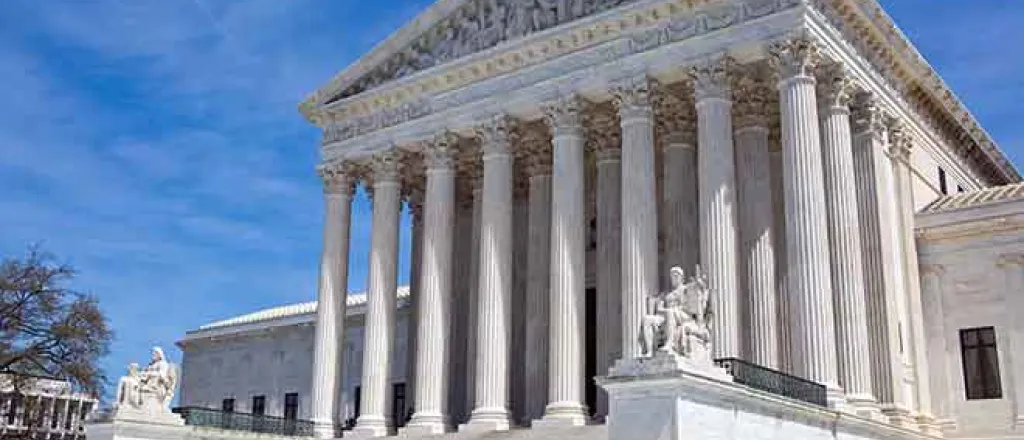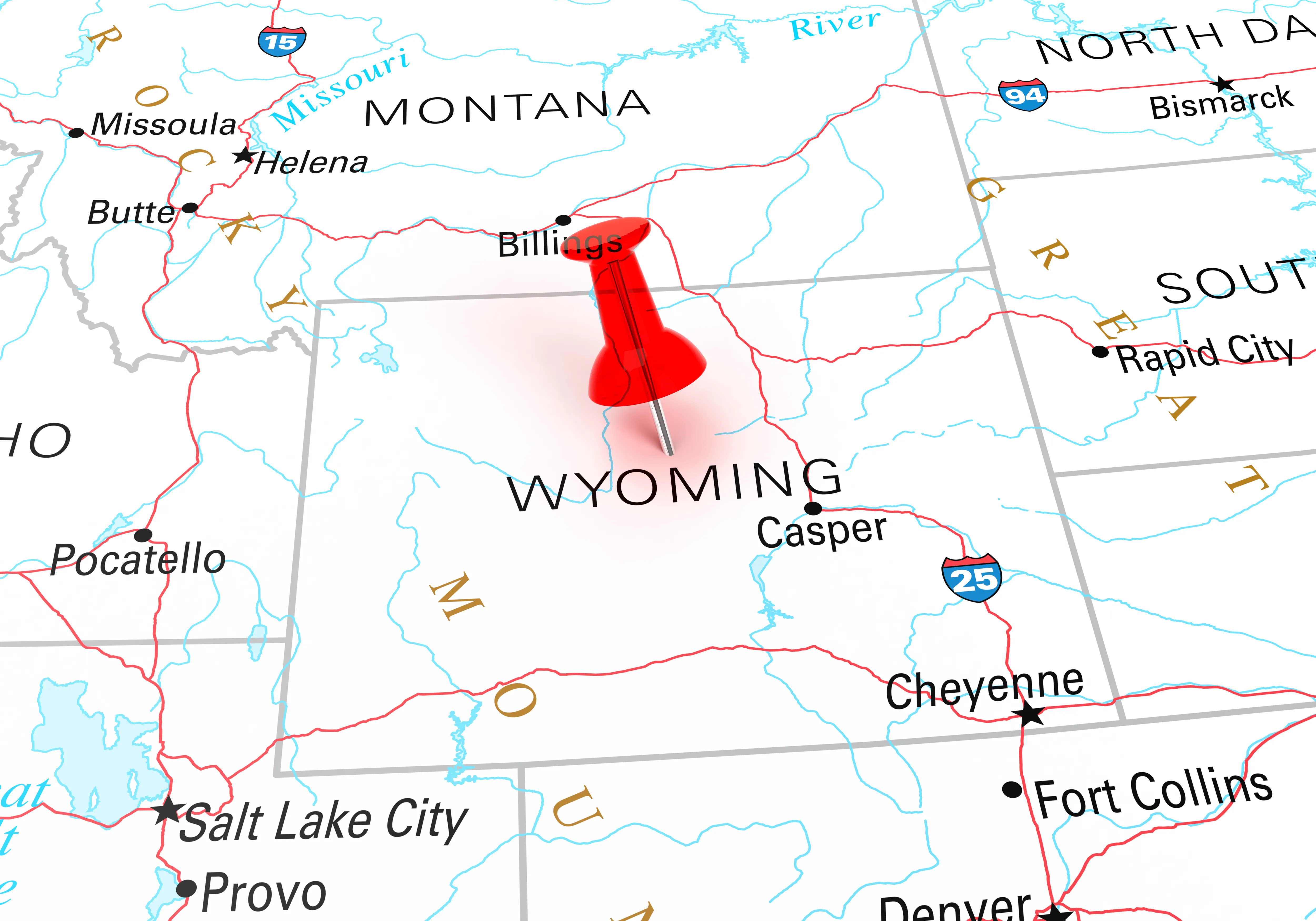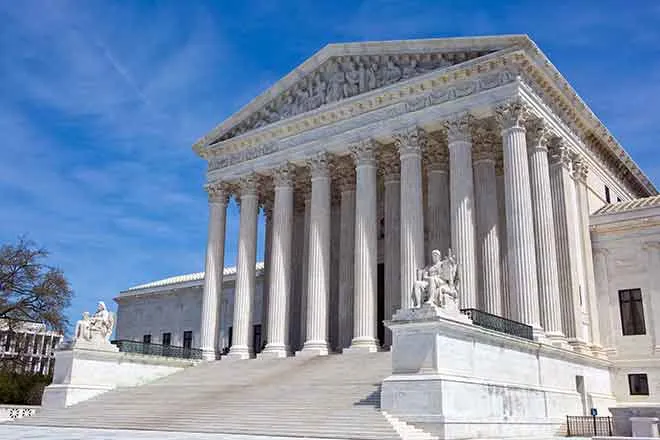
Businesses brace for Supreme Court vaccine mandate ruling
(The Center Square) – The U.S. Supreme Court is expected to rule on the federal vaccine mandate for private employers as early as this week, but until then businesses are in limbo, expected to enforce a mandate that could be overturned at any moment.
Biden announced the private sector mandate for employers with at least 100 workers last fall and was quickly hit with a flurry of legal challenges. The high court is expected to release a batch of opinions Thursday, raising speculation that one of those opinions could include a ruling on the mandate.
The court must decide whether the federal government has the constitutional authority to issue a broad private sector vaccine mandate across all industries.
The court heard oral arguments Friday for two cases related to the federal mandates. The first case, National Federation of Independent Business v. Department of Labor, considers the constitutionality of a federal vaccine mandate on private employers with at least 100 workers. The second case, Biden v. Missouri, deals with a mandate for health care workers.
Dozens of lawsuits were filed by states and businesses challenging President Joe Biden’s constitutional authority to issue the sweeping mandates. At the center of those mandates are private businesses, who would be tasked with ensuring each of their employees are fully vaccinated against COVID-19, require them to undergo weekly testing, or face hefty fines if they refuse.
The federal government has argued that the “particularly acute workplace danger” of COVID-19 gives the U.S. Occupational Safety and Health Administration (OSHA) the right to institute the mandate.
During oral arguments Friday, Justice Stephen Breyer, from the court's liberal wing, focused on the severity of the virus, pointing to the recent rise in COVID cases as the omicron variant spreads. Omicron is considered more contagious than previous variants but has been found to be far less severe.
Opponents, though, say the mandate is too broad, does not take into account the different industries and needs they may have, and is an unconstitutional overreach of executive branch authority. They also say the mandate will place a major financial burden on businesses that have already been struggling amid rising inflation, worker shortages, and the aftermath of COVID-19 lockdowns in 2020.
“The small business economy remains fragile as owners work through supply chain disruptions, high inflation, and staffing shortages,” NFIB Small Business Legal Center Executive Director Karen Harned said. “This mandate threatens to further peril small businesses at a vulnerable time and exacerbate their current business challenges. OSHA does not have the emergency authority to regulate such a mandate on the American workforce and we are looking forward to the U.S. Supreme Court reviewing the case.”
Businesses have also been feeling the burden of rising costs and a struggling job market, putting even more pressure on the economy. The federal jobs report for December showed that the economy added fewer than half the expected number of jobs that month.
Meanwhile, federal data released Wednesday showed the fastest rising inflation in decades.
“Regulatory efforts underway will make it more restrictive and costly for businesses to operate, hire, retain workers, access markets, invest, innovate and do all the normal and necessary things that will help our economy heal and more effectively navigate COVID and its variants,” said Karen Kerrigan, head of the Small Business and Entrepreneurship Council. “Unfortunately, what business owners and entrepreneurs see coming out of the White House is tone-deaf policymaking and chaotic action with regard to the pandemic. A big policy reset is in order, and the White House and congressional leaders need to include entrepreneurs and small business owners in that effort.”
The U.S. has also faced a hiring crisis over the past year and opponents say the mandate will exacerbate the problem. A recent NFIB report found that 49% of small business owners “reported job openings that could not be filled,” even as millions of Americans have quit their jobs in recent months.
That quandary, on top of the highest inflation in nearly 40 years, has left businesses under significant pressure.
“For nearly two years, oppressive COVID-19 mandates suppressed the supply of goods and services,” said Joel Griffith, an economic expert at the Heritage Foundation. “The elimination of work requirements for some welfare programs, overly generous unemployment benefits, and rounds of school shutdowns dramatically reshaped the economy, reduced the size of the workforce, and put massive strain on supply chains. Meanwhile, the Biden administration proposes to permanently expand government spending through the Build Back Better Act, on top of trillions in new spending in recent months.”















